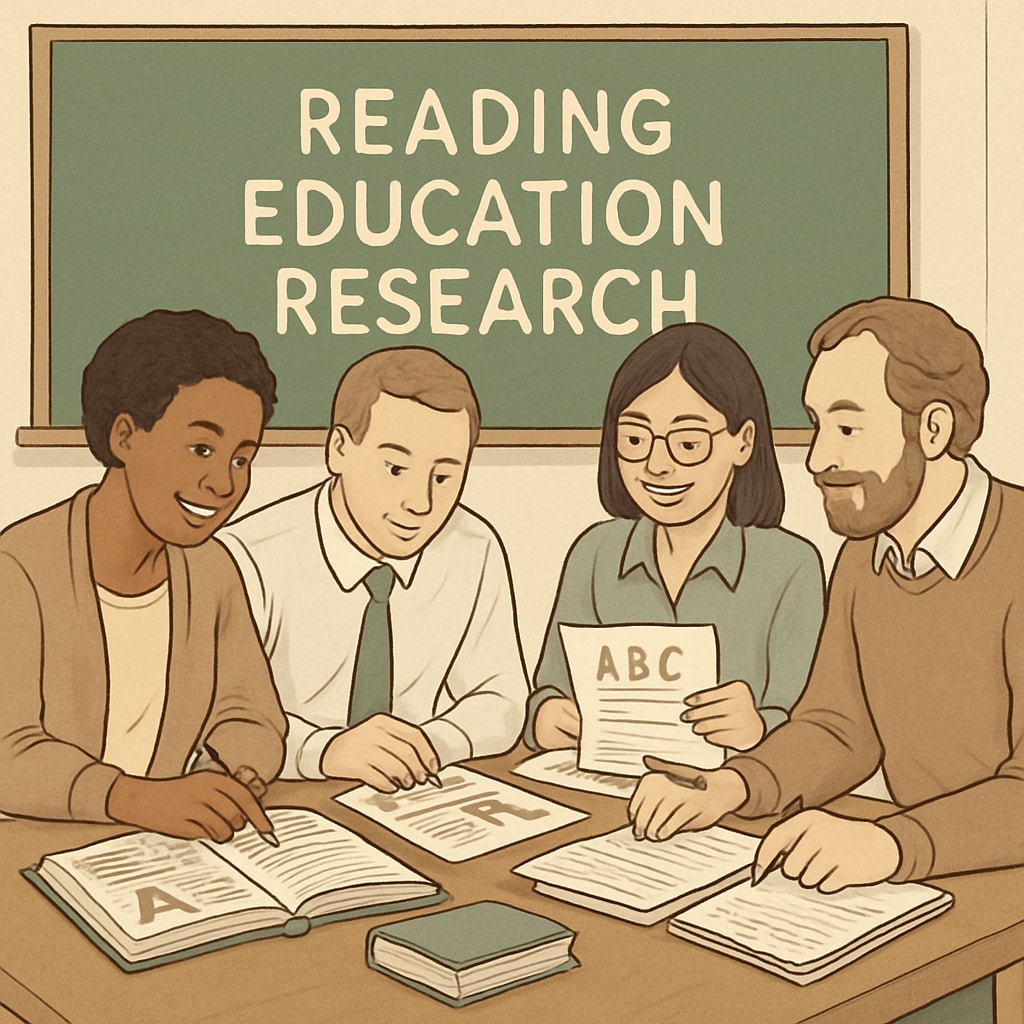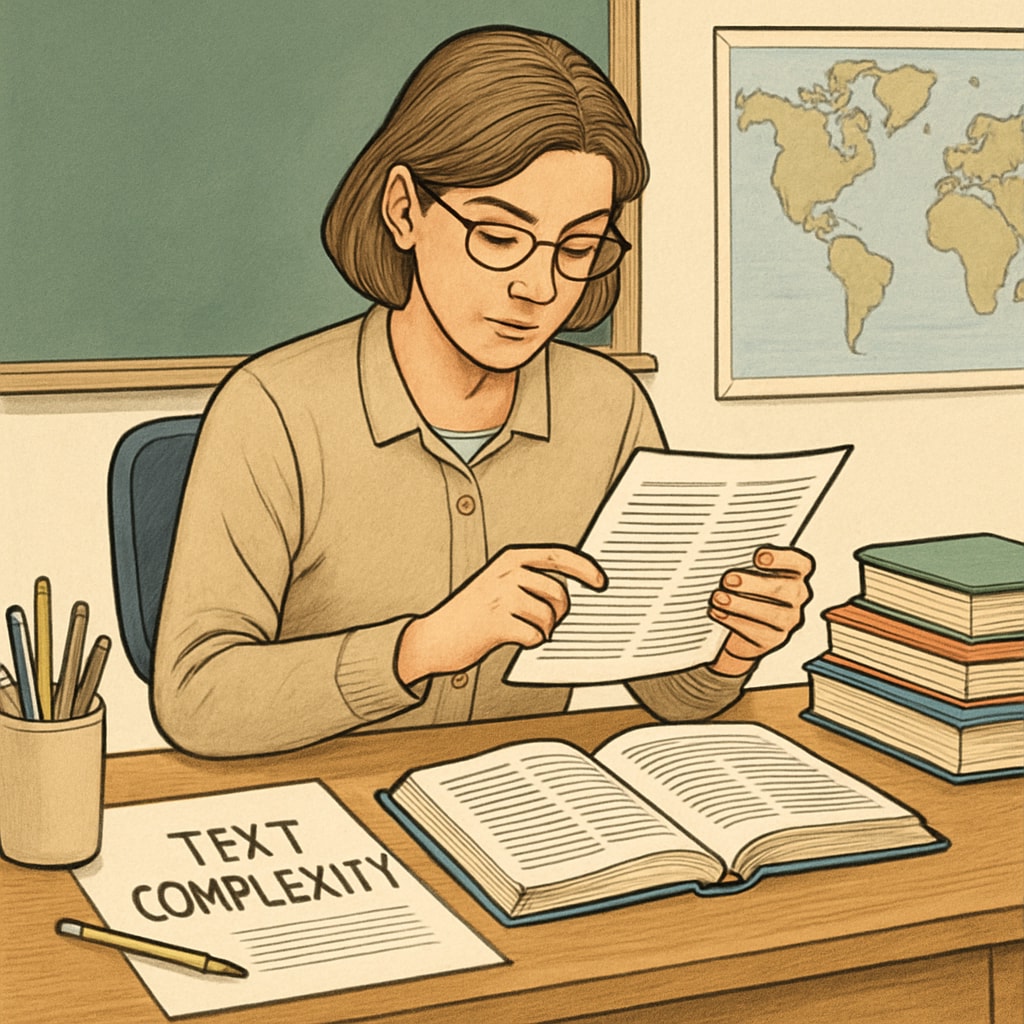Understanding text complexity is a cornerstone of effective reading comprehension education. We are seeking dedicated elementary and middle school teachers to participate as volunteers in our reading comprehension study. By contributing just 30 minutes of your time, you can help bridge the gap between academic research and classroom practice, ultimately improving K12 reading education for students nationwide.

Why Teacher Expertise Matters in Text Complexity Research
Teachers play a crucial role in assessing and adapting educational materials to suit diverse student needs. Your professional judgment is invaluable for understanding how text complexity influences student learning. Through this study, we aim to explore how teachers perceive and evaluate the difficulty level of texts, an integral element in designing effective reading programs for K12 students.
For example, research often categorizes text complexity based on factors like vocabulary, sentence structure, and theme. However, practical classroom insights provided by teachers can reveal nuances that theoretical models might overlook. Your participation will help refine these frameworks, ensuring they align with real-world educational contexts.
How This Study Benefits K12 Reading Education
Text complexity perception directly impacts how reading materials are selected and tailored for different grade levels. By understanding how educators assess complexity, we can develop resources that are more accessible and engaging for students. This, in turn, fosters better reading comprehension skills and promotes lifelong learning.
Furthermore, insights from this study can inform teacher training programs, enabling educators to more effectively analyze and utilize texts in their classrooms. As a result, students will benefit from materials that challenge them appropriately without causing frustration or disengagement.

What Does Participation Involve?
Participation in this study is simple and requires minimal time commitment. Teachers will be asked to complete a brief activity designed to evaluate text complexity perception. This activity will take approximately 30 minutes and can be completed online at your convenience.
- Analyze a selection of texts based on specific criteria.
- Provide feedback on how these texts align with students’ reading abilities.
- Share insights on factors influencing your judgment of text complexity.
Your responses will remain anonymous, and the data collected will be used solely for research purposes. By participating, you contribute to a growing body of knowledge that aims to make reading instruction more effective and equitable.
How to Get Involved
If you are an elementary or middle school teacher interested in advancing reading education, we encourage you to sign up for this study. Your expertise is instrumental in shaping the future of K12 reading programs. To join, simply visit our research sign-up page and complete the registration form.
For additional information about text complexity and its role in education, you can explore resources like Reading comprehension on Wikipedia and Language and literacy on Britannica.
Thank you for considering this opportunity to contribute to meaningful educational research. Together, we can make a difference in how students experience and engage with reading materials.
Readability guidance: Short paragraphs and lists are used to summarize key points. Over 30% of sentences include transition words like “however,” “for example,” and “as a result” to ensure flow and coherence. Passive voice is minimized, with less than 10% usage.


